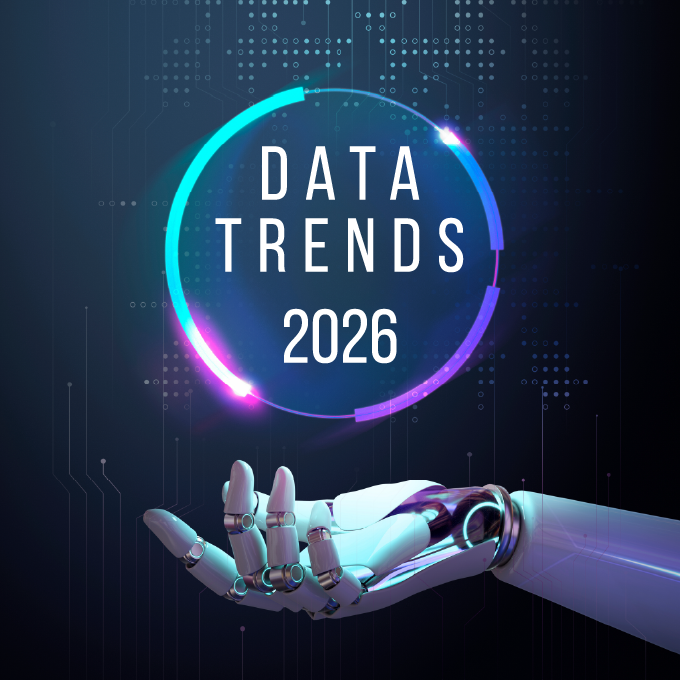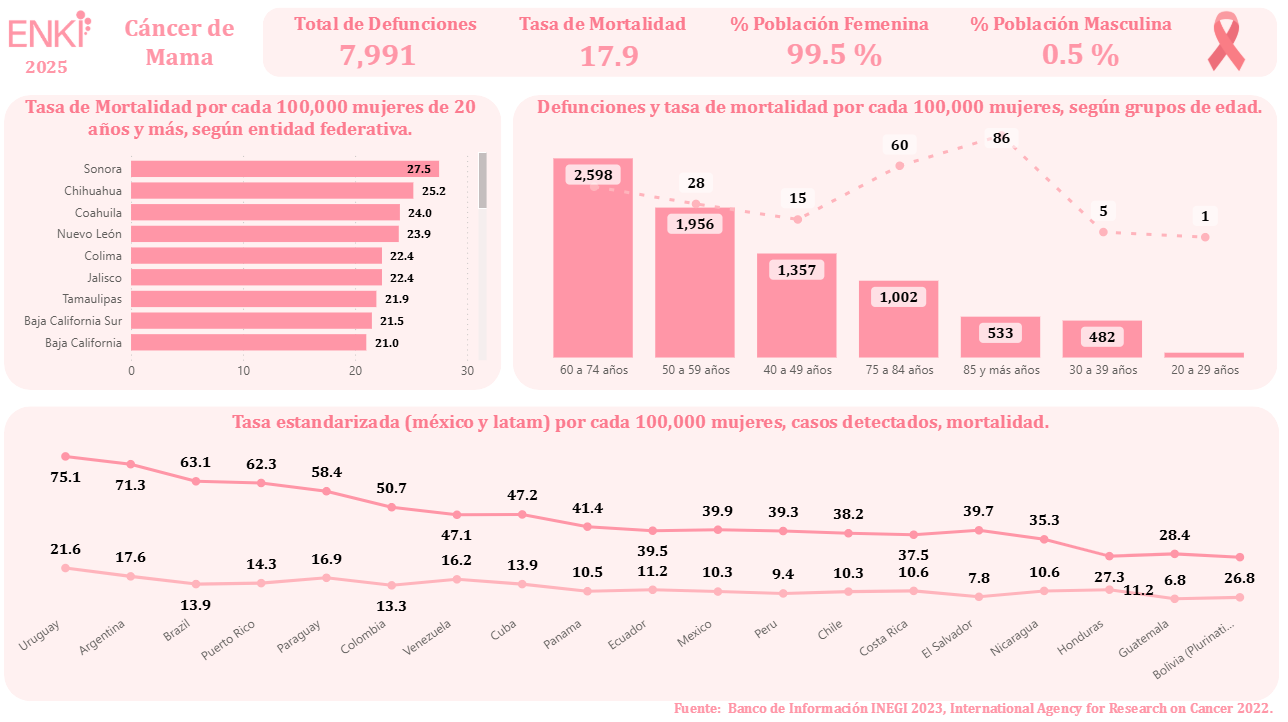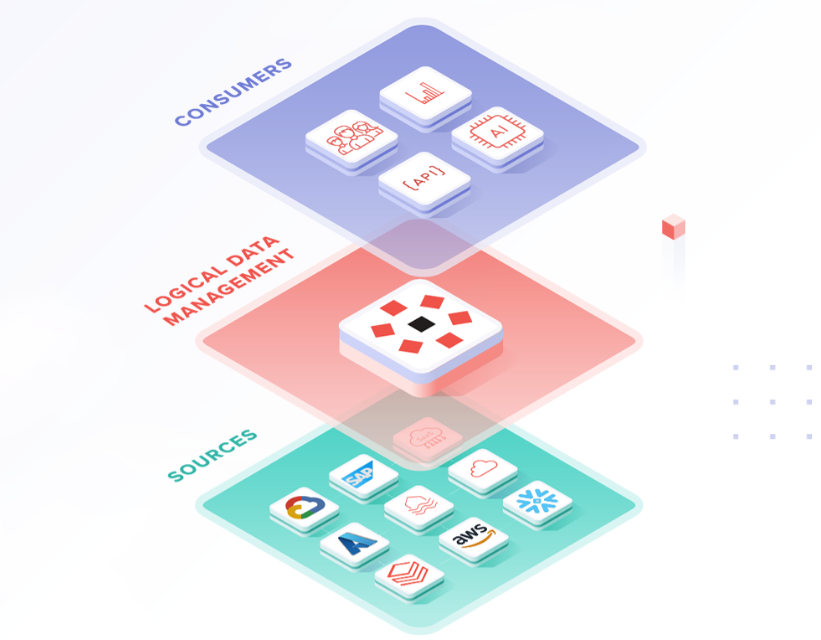Today, data and information serve as a currency of exchange. Knowing how to obtain them and, above all, interpret them for growth strategies, consolidation, incursion into new businesses, or even to capitalize them through sale to other companies, is a fundamental part of business development. That's why we talk to you about ideas on how to monetize your data.
Monetize your data
Data counts, and a lot! In some sectors, such as retail, for example, data is essential to identify people's consumption habits. Big Data can help us to know what people are looking for when they go to buy, at what time of day they search and what their most frequent needs are. In this sense, not all retail companies have the data and technology needed to create these profiles and implement the strategies they need. Therefore, those that can do so often sell this information to other companies to take advantage of the technology they have undertaken in advance. This represents a profitable business and an important opportunity to be part of a side business.
Data-based innovation
One way to transform data into money is to use it to improve existing products and services. This is known as data-driven innovation, and it happens when seeking to improve the customer experience to increase profits. By understanding the needs and preferences of your customers, you can create targeted ads that are more likely to be effective. This can help improve ROI and increase profits.
Insights are like gold
The production of insights is the most complex and highest-income strategy for monetizing a company's data. How is it done? Data is captured and processed to generate better value promises for products and services. Ideally, data inspires strategies to develop other businesses' competitive advantages. In this sense, a robust system for capturing, controlling and processing data will generate insights that will not only serve the organization that generates them, but can be capitalized on other aspects.
Capitalization of information
It is important to consider that a correct implementation of a BI strategy can allow companies to do things such as: extract key data from any type of information source, including social networks; intelligently combine data to obtain consolidated results and indicators; generate metrics to bring accurate information to the screen of decision makers at the right time; view reports and indicators on any type of device without having to develop specific screens.
This, in turn, makes it possible to obtain benefits such as increasing the average ticket due to customer loyalty and the implementation of business agreements; having greater profitability on each unit; increasing the flow of customers with flexible forms of payment; streamlining customer service and reducing the risk of insolvency.
As you can see, betting on a data-based strategy can be too beneficial for your organization. If you want to know more about it, visit https://enki.mx/.











































